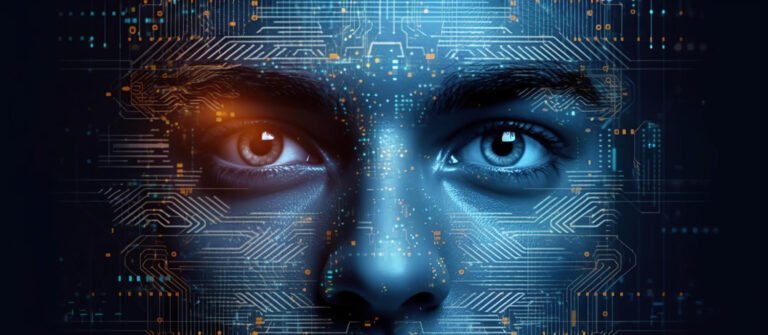Navigating the AI Revolution: How Does Tertiary Education Respond?
The AI explosion has been a catalyst for transformative changes across various sectors, including tertiary education. As AI technologies evolve at an unprecedented pace, tertiary institutions are grappling with how best to adapt and leverage these advancements to enhance educational outcomes and prepare students for a future where AI plays a central role. This article explores the multifaceted ways in which tertiary education is responding to the challenges and opportunities presented by AI.
Curriculum Development: Integrating AI into Education
AI and Related Fields of Study
One of the most direct responses to the rise of AI is the incorporation of AI-related courses and programs within tertiary education curricula. Universities and colleges are introducing specialized programs in AI, machine learning, data science, and robotics. These programs are designed not only for students in computer science but also for those in fields like business, healthcare, and the arts, reflecting the interdisciplinary impact of AI.
Ethics and AI
Recognizing the ethical implications of AI, many institutions are embedding ethics components into their technology-related courses. These modules aim to equip students with the critical thinking skills needed to navigate the moral complexities of AI deployment, emphasizing responsible innovation and the societal impact of technology.
Pedagogical Approaches: AI as a Teaching and Learning Tool
Personalized Learning
AI-driven platforms are being used to create personalized learning experiences in tertiary education. These systems can analyze individual student performance and learning styles to deliver customized content, assessments, and feedback, enhancing learning efficiency and engagement.
Automating Administrative Tasks
AI is also streamlining administrative tasks such as grading and scheduling, freeing educators to focus more on teaching and student engagement. For example, AI-powered grading systems can provide instant feedback on assignments, while AI scheduling tools optimize class timings and room allocations.
Research and Collaboration: AI as a Catalyst
Enhancing Research
AI tools are becoming indispensable in academic research, offering sophisticated data analysis capabilities that can uncover patterns and insights beyond human reach. This is particularly evident in fields like genomics, climate science, and economics, where AI-driven analysis contributes to groundbreaking discoveries.
Collaborative Opportunities
Tertiary institutions are increasingly engaging in collaborations with tech companies, other universities, and research institutes to advance AI knowledge and application. These partnerships often result in shared resources, joint research initiatives, and opportunities for students to gain hands-on experience with AI in real-world settings.
Preparing for the Future Workforce
Skill Development
With AI expected to reshape the job market, tertiary institutions are focusing on equipping students with skills that AI cannot easily replicate, such as critical thinking, creativity, and emotional intelligence. Courses that emphasize these skills, alongside technical proficiency in AI, aim to prepare a workforce capable of working alongside AI technologies.
Lifelong Learning
Recognizing that AI will lead to continuous industry evolution, tertiary education is emphasizing the importance of lifelong learning. Institutions are offering more flexible, modular learning opportunities, including online courses and micro-credentials, to help graduates adapt to an ever-changing technological landscape.
Conclusion: Embracing Change with Agility
As AI continues to advance, tertiary education institutions are adopting a proactive stance, integrating AI into curricula, employing AI to enhance teaching and learning, and preparing students for a future interwoven with AI. By embracing these changes, tertiary education is not only adapting to the AI revolution but also playing a pivotal role in shaping it, ensuring that graduates are not just equipped to navigate a world transformed by AI but are also capable of leading in it.






